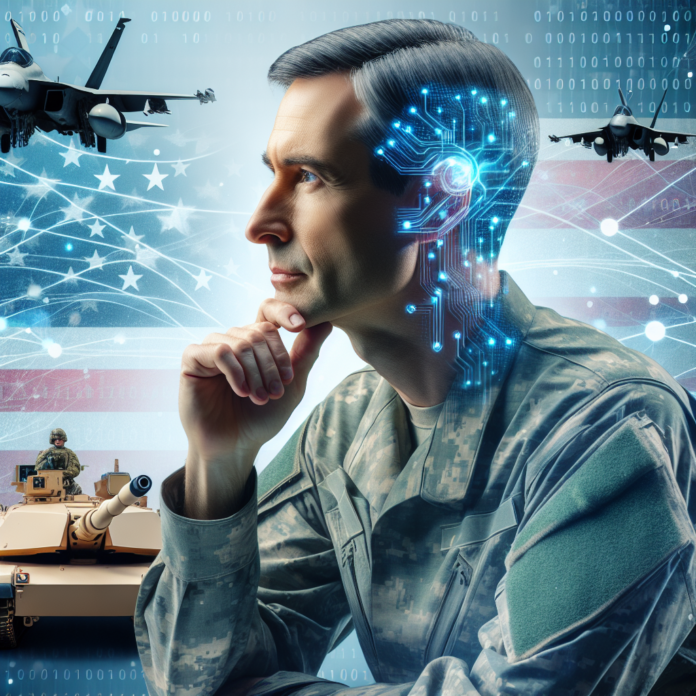Key Insights on Future Military Robotics and AI
In a recent discussion at an Axios event, retired Army General Mark Milley, former chairman of the Joint Chiefs of Staff, shared his vision for the future of warfare, predicting that by 2039, up to one-third of the US military could be composed of robots. This projection is driven by ongoing advancements in artificial intelligence (AI) and unmanned technology, which are rapidly transforming military tactics, technologies, and training.
Milley emphasized that while the fundamental nature and political aims of war remain unchanged, the character of warfare is evolving dramatically. He compared this shift to historical changes in military technology, such as the transition from muskets to rifles during the Civil War. According to Milley, the nation that adapts these new technologies the fastest will gain significant advantages over its adversaries.
However, the integration of AI and robotics in military operations raises profound ethical questions. Current US policy mandates human oversight for the use of lethal force by military robots, prioritizing ethical human judgment over AI decision-making. Milley highlighted the ethical complexities, noting that “technology doesn’t have morality” and cautioning about a future where AI-enabled robots could potentially make autonomous decisions.
As technology continues to advance, the debate over AI-powered warfare’s ethical, societal, and legal implications is expected to intensify. The challenge lies in balancing the potential benefits of enhanced military efficiency and tactical advantage with the need to carefully navigate the resulting ethical and societal dilemmas.

